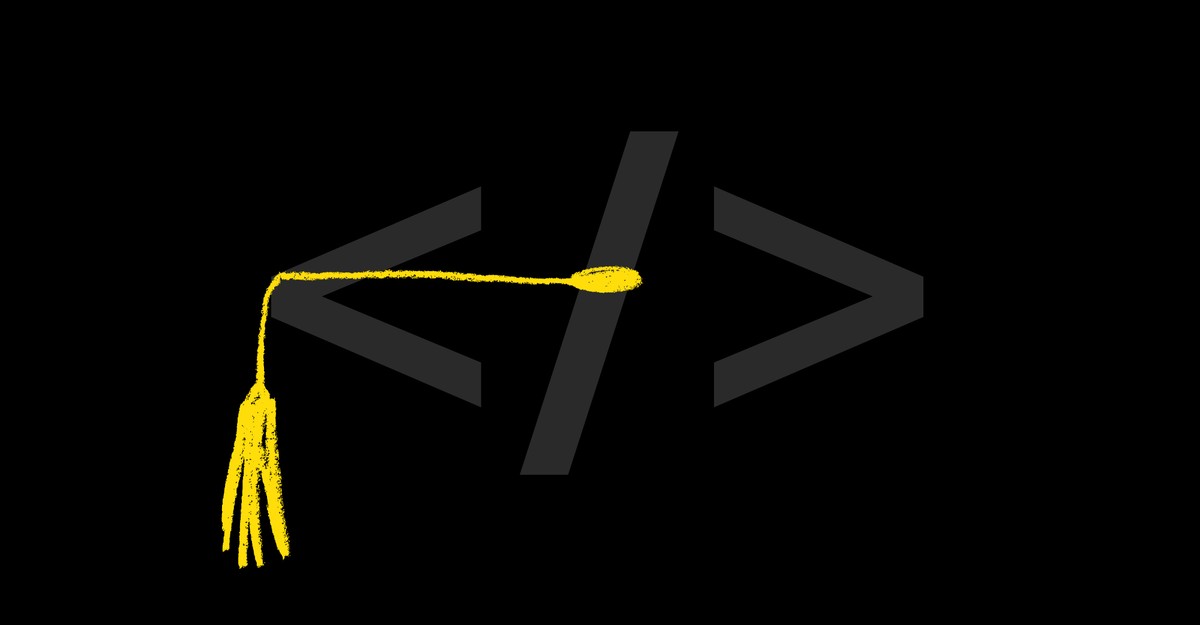Perhaps nothing has defined higher education over the past two decades more than the rise of computer science and STEM. Since 2016, enrollment in undergraduate computer-science programs has increased nearly 49 percent. Meanwhile, humanities enrollments across the United States have withered at a clip—in some cases, shrinking entire departments to nonexistence.
But that was before the age of generative AI. ChatGPT and other chatbots can do more than compose full essays in an instant; they can also write lines of code in any number of programming languages. You can’t just type make me a video game into ChatGPT and get something that’s playable on the other end, but many programmers have now developed rudimentary smartphone apps coded by AI. In the ultimate irony, software engineers helped create AI, and now they are the American workers who think it will have the biggest impact on their livelihoods, according to a new survey from Pew Research Center. So much for learning to code.
Fiddling with the computer-science curriculum still might not be enough to maintain coding’s spot at the top of the higher-education hierarchy. “Prompt engineering,” which entails feeding phrases to large language models to make their responses more human-sounding, has already surfaced as a lucrative job option—and one perhaps better suited to English majors than computer-science grads.
The potential decline of “learn to code” doesn’t mean that the technologists are doomed to become the authors of their own obsolescence, nor that the English majors were right all along (I wish). Rather, the turmoil presented by AI could signal that exactly what students decide to major in is less important than an ability to think conceptually about the various problems that technology could help us solve.



Considering the amount of flat out incorrect or wildly off-base code GPT has generated on surprisingly simple tasks over the past nearly year now, no, I’m not too worried about my job. I find it handy for time to time in replacing stuff I previously used a search engine for which makes it a productivity booster for me, but for anything novel or not straightforward (aka, anything outside of its training set, which is what I’d ideally want to use it for), it’s less than useful or actively harmful in trying to lead me down the wrong path. Overall, it still requires a human with significant knowledge in the field to know how to use the information these tools generate and how to put the pieces together to do something useful. I don’t see how that could change until there is an actual reasoning artificial intelligence brain developed which is a BIG ask, if it’s even possible in our lifetimes, or ever.
…or maybe we’ll all be out of a job in 10 years. Humans are quite bad at predicting the future and I am indeed human.
And for what it’s worth, no I did not RTFA. I’ve spent enough time reading articles prophesizing the doom of software engineering due to generative AI and don’t feel like wasting more time on the topic.
I thought you had up to this point. I guess that just goes to show how shallow and predictable this AI boosterism is.